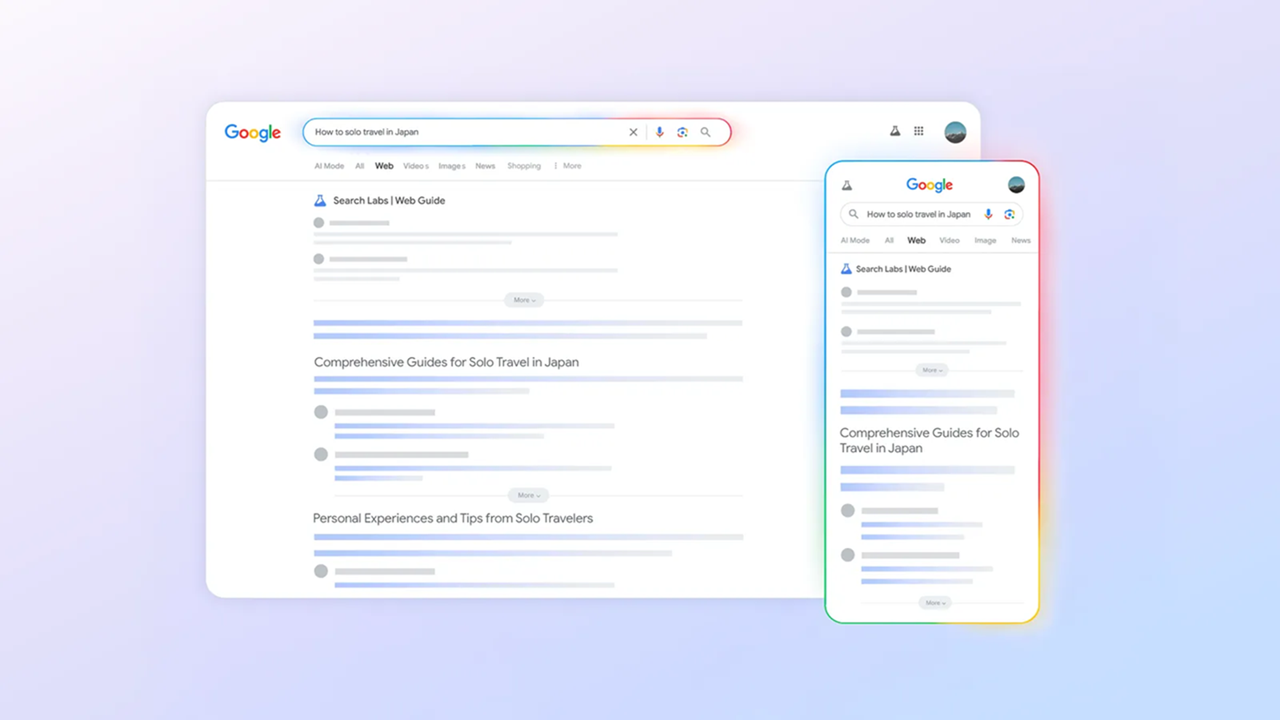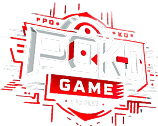
AI Chat Boats are more widely used to find things online, and with Google, its Gemini chat boot, AI format for search, and AI-infilled summons in the upper part of the search pages, there is no exception. But that doesn’t mean that Tech Dev wants you to find other AI search tools they can’t offer. The company has a new feature to deal with this risk, called web guides, undergoing tests in its search labs.
Web guides are a type of hybrid between old blue link link setup and new Google’s new AI options, which uses a version of Gemini to manage the recommended links. Instead of the algorithm -powered list, links are clusted under a brief summary as well as AI general titles. When you look for something using web guides, AI eliminates many variations of your queries parallel, then you then stit the page of the structure, directed results.
Web guides are considered to be open -placed searches that do not have the same answers from a single source, but that you may not want to have a full discussion about it. If you want to know if you want to plan a complex or a question that requires numerous sentences to explain, you can use it. If you are asked how to plan international travel, you can get answers under category such as “costs” and “popular places”.
Map vs stories
One way to think about this is to compare a map to the story. Ask Gemini or Chattgat about the best way to get into the shape, and you will find a complete plan for the next several months with structural exercise, nutrition indicators and mistakes to avoid it. There will be encouragement and follow -up questions, but it will be a complete document in some ways.
The web guide will draw you to the map of the links arranged with help, but you have to travel yourself. You can find a clutter of links to “weight exercises for early individuals” or “gym etiquette and recommendations”. These web pages have answers, but AI is not answering this question directly.
What is better depends on how you like to find. The web guide is when you want to find answers or (and fairly) do not trust that AI writes. If you want only one link to find the answer, the traditional search is probably your best bet, but if you have time to spend time researching five or more sources, then it is a good way to reduce the search for answers. If you are making a map of re -financing your home, fixing relationships, or starting professionally sour dip baking, web guides may have real utility.
This is not to say that this should be your default choice. It may be quite slower than a common search or even a chatigoet and gym because it is asking many questions behind the curtain. And as it is noted, not every question is beneficial if this is something special. Big, dirty questions are the web guide’s turf.
I won’t be surprised if the web guide becomes the main search tool of Google, especially with AI review and options with AI mode. The structure is increasing, and the web guide is an excellent medium between the usual link list and the AI chat boats.
To try it yourself, you need to go to Google Search Labs, go to any search “web” tab, and when you apply it, you will see a new sequence. If it gets annoying, there is a toggle above to close it.
